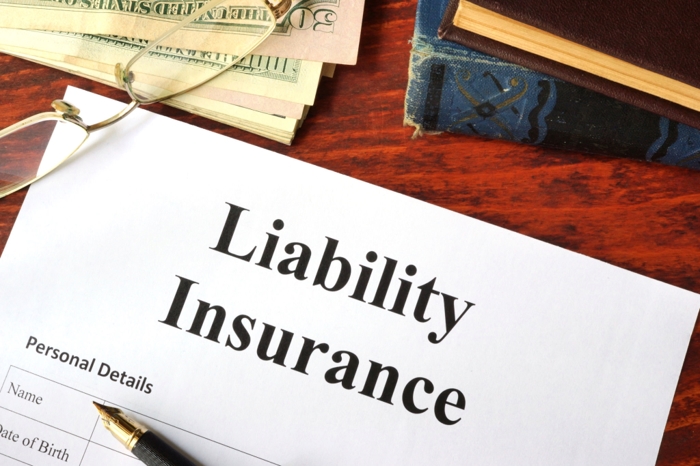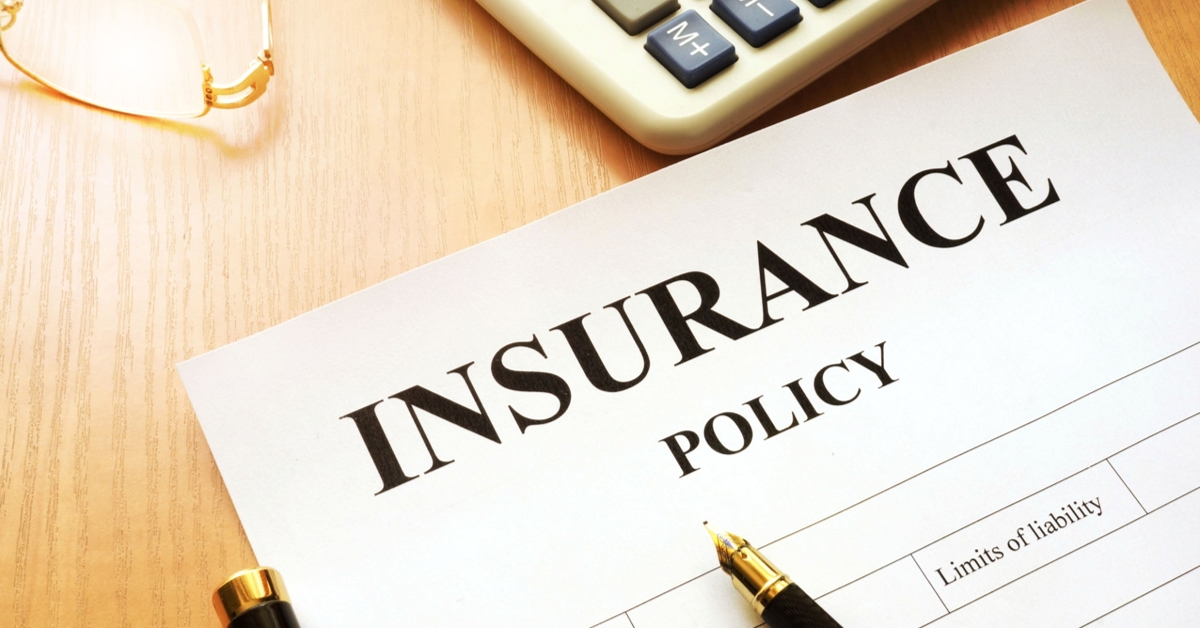Short term rental hosts or property managers often find themselves puzzled by the nuances of insurance policies offered by these platforms, unsure if they are adequately protected against potential risks. As a host, understanding the differences in insurance coverage between Airbnb and VRBO is not just beneficial but crucial for your peace of mind and financial security.
Also,the post explores how a robust tenant screening platform can add a layer of security to reduce reservation risks.
Understanding Short-Term Rental Platforms
Airbnb and VRBO stand out as two of the most popular platforms in the short-term rental market. Airbnb, known for its wide range of listings including shared spaces, private rooms, and entire homes, caters to a diverse audience. VRBO (Vacation Rental By Owner), on the other hand, specialises in full-home rentals, appealing to those looking for entire places for family vacations or group travels.
Both platforms operate with a model that allows property owners to list their spaces for short-term rental, providing them with an online presence, booking management tools, and access to a vast pool of potential renters. While they open doors to lucrative opportunities, they also expose hosts to various risks ranging from property damage to liability issues. This is where understanding the intricacies of each platform’s insurance policies becomes pivotal.
Airbnb Insurance for Hosts
Airbnb provides its hosts with two major forms of protection: the Host Guarantee and Host Protection Insurance. The Host Guarantee offers protection up to $1 million in damages to the property caused by guests, which seems reassuring at first glance. However, it’s important to note that it doesn’t cover everything. For example, cash, securities, pets, personal liability, and shared or communal areas are typically excluded.
Host Protection Insurance, on the other hand, is designed to protect against liability claims. This policy can provide coverage if a guest gets hurt during their stay or if there is property damage to a third party’s property. Again, there are limitations and exclusions, and the coverage maxes out at $1 million per occurrence.
Despite these protections, Airbnb’s insurance should not be seen as a complete substitute for a homeowner’s or renter’s insurance policy. There are gaps, particularly regarding personal property, certain types of liability, and scenarios outside of guest stays.
VRBO Liability Insurance
VRBO offers its hosts a liability insurance policy, which is included with each booking. This policy provides up to $1 million in liability coverage, similar to Airbnb’s Host Protection Insurance. It’s designed to protect hosts in the event that a guest is accidentally injured on the property or if there is damage to the guest’s property.
However, unlike Airbnb, VRBO does not offer a protection plan for the host’s property damage caused by guests. This means that any damage to the host’s property would need to be covered by the host’s own insurance or potentially sought from the guest responsible for the damage.
VRBO’s liability insurance also has its limitations and exclusions, and it’s crucial for hosts to be aware of these to understand where additional insurance coverage might be needed. For instance, it may not cover certain types of accidents or incidents that occur under specific circumstances.

Comparing Airbnb vs VRBO Insurance
When navigating the differences between Airbnb and VRBO insurance policies, several key factors stand out. While both offer up to $1 million in liability coverage, the scope and application of this coverage vary. Airbnb’s Host Protection Insurance generally covers the host in the event of third-party claims of bodily injury or property damage. In contrast, VRBO’s liability insurance primarily focuses on guest injuries and property damage during their stay.
One significant difference is in property damage protection. Airbnb’s Host Guarantee provides some protection against guest-caused property damage, albeit with limitations and exclusions. VRBO, however, does not offer a similar guarantee, meaning hosts need to rely more on their own homeowner’s or renter’s insurance policies, or seek damages directly from guests.
Another notable distinction lies in the process of filing claims and seeking compensation. Airbnb’s process can be more complex and may involve several steps of verification and negotiation. VRBO’s process, while also requiring thorough documentation, tends to be more straightforward, focusing mainly on liability issues.
For hosts using both platforms, understanding these differences is crucial. Relying on the protections offered by each platform without understanding their limits can lead to gaps in coverage and unexpected financial losses.
Best Insurance for Airbnb Hosts
For Airbnb hosts, supplementing the platform’s insurance with additional coverage is often a wise decision. Considering the limitations of Airbnb’s Host Guarantee and Host Protection Insurance, hosts should look into comprehensive homeowner’s insurance that includes coverage for short-term rentals.
A dedicated short-term rental insurance policy can be a better fit, offering more extensive coverage than a standard homeowner’s policy. These policies typically cover property damage, lost income, and liability, and are specifically designed for the risks associated with short-term rentals.
Hosts should also consider extra liability coverage, such as an umbrella policy, to protect against claims that exceed the limits of the standard policy. Such coverage becomes especially important if the rental property has features like pools or hot tubs, which can increase liability risks.
Regularly reviewing and updating insurance coverage to reflect any changes in the rental property or usage is also key. As the Airbnb market evolves, so do the associated risks, and your insurance coverage should adapt accordingly.
Minimize Reservation Risks with Guest Screening Software
While Airbnb and Vrbo offer insurance policies, they may not always cover the full extent of damages or losses caused by disruptive guests. Autohost’s proactive approach to guest screening can provide an extra layer of protection. By verifying guest identities, social profiles, and credit scores, Autohost helps you avoid costly repairs, legal fees, and negative reviews. You can experience the peace of mind that comes with a safer, more secure rental experience.
Additional Insurance Needs for VRBO Hosts
VRBO hosts face a different set of challenges, primarily due to the lack of a property damage guarantee similar to Airbnb. This necessitates a more comprehensive approach to insurance.
A homeowner’s policy that specifically includes short-term rental activities is essential. This policy should cover property damage caused by guests, which is a gap in VRBO’s provided coverage. It’s also important to ensure that this insurance covers the full range of potential damages, from minor accidental damages to more significant issues like fire or water damage.
Liability coverage is another critical aspect for VRBO hosts. While VRBO’s liability insurance offers a degree of protection, it may not cover all scenarios. An umbrella liability policy can provide additional coverage beyond the limits of standard policies, offering extra protection in case of serious incidents or legal disputes.
Given the high turnover of guests and the potential for property misuse or unexpected incidents, VRBO hosts should also consider coverage for lost income. This type of insurance can compensate for lost rental income if the property becomes uninhabitable due to a covered loss.
VRBO hosts should be proactive in communicating with their insurance providers to understand the specifics of their coverage. Clarifying aspects such as the number of days the property can be rented out, the type of incidents covered, and the process for filing claims can prevent misunderstandings and ensure that hosts are adequately prepared for any issues that arise.
Navigating insurance claims with Airbnb and VRBO can be a complex process, but understanding the nuances of each platform’s policy and supplementing with appropriate additional coverage can provide hosts with a comprehensive safety net. This approach not only protects the financial investment made in the property but also ensures peace of mind, allowing hosts to focus on providing the best possible experience for their guests.
Navigating Insurance Claims with Airbnb and VRBO
Successfully managing insurance claims with Airbnb and VRBO requires knowledge and preparation. For Airbnb hosts, the process typically involves submitting a claim through the Airbnb Resolution Center. It’s essential to report any incident promptly and provide comprehensive documentation, including photographs, receipts, and a detailed account of the incident. Airbnb may mediate between the host and the guest to resolve the issue, but understanding the specifics of the Host Guarantee and Host Protection Insurance is crucial for a smooth claims process.
VRBO hosts face a slightly different process, primarily dealing with liability claims. When an incident occurs, it’s vital to report it immediately to VRBO and the insurance provider. The provision of detailed documentation and clear communication is key. VRBO’s liability insurance process is designed to be straightforward, but hosts must be diligent in following the required steps to ensure their claim is processed efficiently.
Legal Considerations and Compliance
Both Airbnb and VRBO hosts must navigate legal considerations and compliance issues. This includes adhering to local regulations regarding short-term rentals, which can vary significantly by location. Hosts should ensure they have the necessary permits and adhere to local tax laws. Being compliant not only avoids legal complications but also ensures that insurance coverage remains valid.
Understanding how the insurance provided by Airbnb and VRBO interacts with local laws and personal insurance policies is also essential. Hosts should consult with legal and insurance professionals to ensure that their operations are fully compliant and adequately protected against potential risks.
Note the Strengthts and Limitations of Airbnb & VRBO Coverage
Understanding the nuances of insurance policies provided by Airbnb and VRBO is crucial for hosts in the short-term rental market. While both platforms offer some level of protection, it’s important for hosts to recognize the limitations of these policies and consider additional insurance to fill any gaps. Regularly reviewing and updating insurance coverage, staying informed about legal requirements, and being prepared to navigate the claims process are key steps in ensuring comprehensive protection for your rental business.
Are you an Airbnb or VRBO host? Take the time to review your current insurance policies, understand the coverage provided by these platforms, and assess your need for additional insurance. Securing the right insurance coverage is not just about compliance; it’s about safeguarding your investment, reputation, and peace of mind. Stay informed, stay protected, and continue to thrive in the dynamic world of short-term rentals. Remember, a well-protected rental business is a successful one.
Beyond Insurance: Proactive Protection with Autohost
Tired of relying solely on insurance policies to protect your rental property? While Airbnb and Vrbo offer insurance, they often come with limitations and exclusions. Take proactive measures to safeguard your investment with Autohost. Our comprehensive guest screening system goes beyond insurance, providing real-time verification and risk assessment. Protect your property, peace of mind, and bottom line with Autohost. Schedule a demo today.

